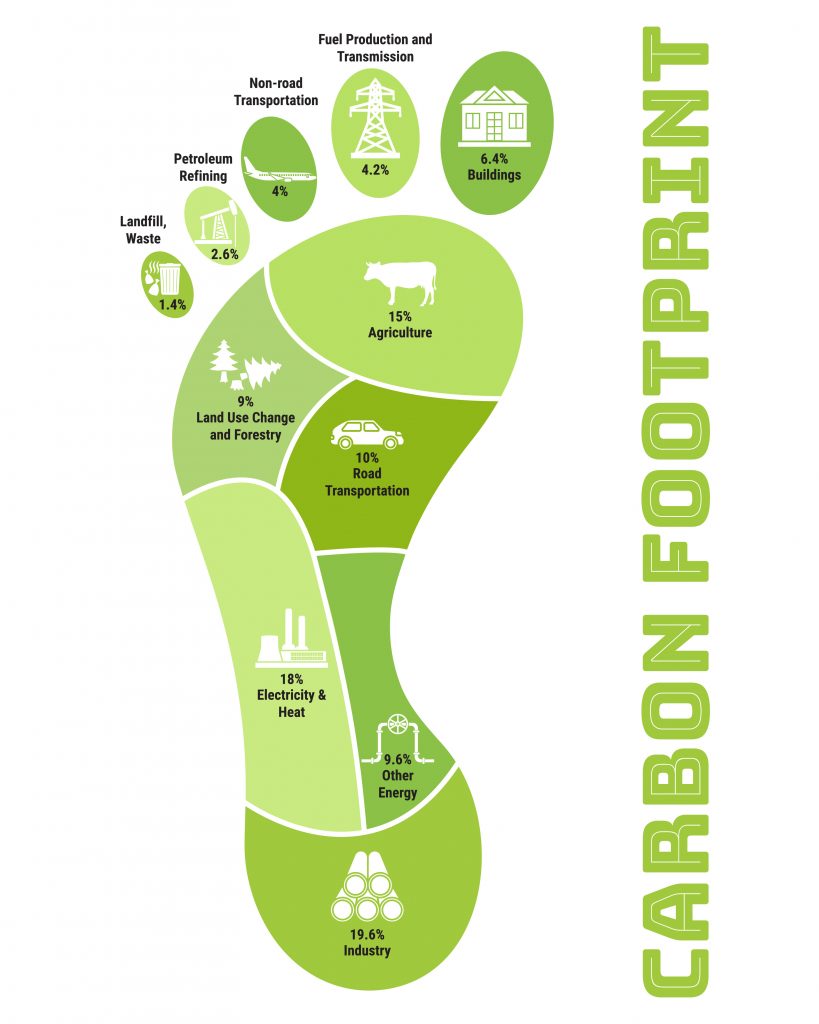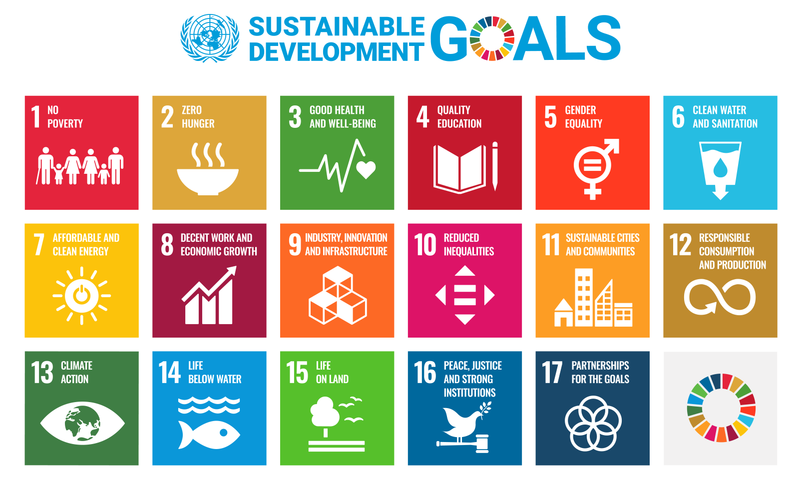The Food and Agriculture Organization of the United Nations (FAO) reported on the global emissions from livestock in 2015, concluding that 3.62B emissions occur directly by raising animals and livestock and is attributed to 11.2 percent of total global antropogenic GHG emissions (FAO, 2015).

An overview of the emissions identifies enteric fermentation (45.3%) and manure-CH4 (7.82%) combine to contribute to more than half of the total emissions.
Enteric fermentation accounts for the methane generated during the digestive process of ruminants (FAO, 2015). The quality of feed is correlated with enteric emissions, noting highly fibrous ingredients yield higher enteric methane emissions (FAO, 2015). Manure is both a source of methane and nitrous oxide, with nitrous oxide mainly generated during manure ammonia decomposition (FAO, 2015).
According to FAO (2015) emissions reduction from the livestock sector can be achieved by reducing production and consumption.

Download and save your own Sustainable Development Goals image here:
https://commons.wikimedia.org/wiki/File:Sustainable_Development_Goals.png
The United Nations Millennium Declaration aimed to fight against poverty and hunger, disease, illiteracy, environmental degradation and discrimination against women by the year 2015; and identified that approximately 70 percent of the target group lived in rural areas, further specifying Asia and Africa, as being dependent on agriculture (Chisenga, 2008).
One of the key actions implemented was the development of e-Agriculture noting the Food and Agriculture Organization of the United Nations (FAO) in a recognized facilitator role. The FAO currently hosts a global community of practice that facilitates dialogue, information exchange and sharing of ideas related to the use of information and communication technologies. https://www.fao.org
The production of vegetables is one response to the changing diets and challenges enforced on the food supply that rapid urbanization has caused. Challenges to the production of vegetables include concerns related to: polluted irrigation systems such as the use of wastewater, wastewater treatments, other risk factors or sources of pathogens, limited access to piped water, and a lack of cool transport and storage (Drechsel et al., 2008).
Drechsel et al. (2008) identified capacity building in policy awareness, with an aim to change professional attitudes and develop analytical problem-solving which was followed by a phase of monitoring and evaluation focused on receptivity, mood and behavioural changes.
Feedback from this capacity building initiative indicated that more basic problems such as a lack of electricity and significant cash flow problems added to a low level of motivation to engage in the training (Drechsel et al., 2008). Suggestions to increase motivation through developing local commitment included a better understanding of individual priorities and how those align with institutional priorities constraints and capacities (Obuobie et al., 2016).
When technological innovations are suggested, assumptions may be made about the technologies available to address them and the human and natural resources assumed present and of which are required to apply those technologies. Several challenging and diverse aspects to Agriculture Sustainability contribute to impediments of the progress of e-Agriculture for rural farmers in Asia and Africa. Institutional determinants that affect smallholder farmers include gender relations, markets, standards, income distribution, land titling and systems of governance (Struik et al., 2014).
While agricultural policies have been identified as a major challenge, the poverty levels for many rural farmers in Asia and Africa have also been noted as contributing to the unsustainable manner in which natural resources are used. Despite the importance of agriculture to the economy of these rural areas, natural ecosystems are degrading due to the unsustainable manner in which resources are being used (Banson et al., 2016).
Criticisms of both traditional methods of research and sustainability have suggested holistic approaches and capacity building offer a way to improve and raise efficacy of the agriculture industry (Banson et al., 2016).
This project therefore is relying on holistic approaches and capacity building to improve University of Victoria efficacy with sustainable food products and recipes. In this way, University of Victoria is meeting the UN Development Goals and target 3 of the Climate and Sustainability Action Plan.
References
Banson, K. E., Nguyen, N. C., & Bosch, O. J. (2016). Systemic management to address the challenges facing the performance of agriculture in Africa: case study in Ghana. Systems Research and Behavioral Science, 33(4), 544-574.
https://doi.org/10.1002/sres.2372
Chisenga, J. (2008). The e-Agriculture Initiative: Achieving the MDGs through sharing of innovative experiences. In 18th SCECSAL Conference Location. Lusaka, Zambia. July. https://www.degruyter.com/document/doi/10.1515/9783598441257/pdf#page=57
Drechsel, P., Cofie, O. O., Van Veenhuizen, R., & Larbi, T. O. (2008). Linking research, capacity building, and policy dialogue in support of informal irrigation in urban West Africa. Irrigation and Drainage: The journal of the International Commission on Irrigation and Drainage, 57(3), 268-278.
https://doi.org/10.1002/ird.430
Fao.org. Dashboard-old | Global Livestock Environmental Assessment Model (GLEAM) | Food and Agriculture Organization of the United Nations. (n.d.). Retrieved January 15, 2023, from https://www.fao.org/gleam/dashboard-old/en/
Foodandagricultureorganization.shinyapps.io. (n.d.). Retrieved January 15, 2023, from https://foodandagricultureorganization.shinyapps.io/GLEAMV3_Public/
Obuobie, E., Keraita, B., Danso, G., Amoah, P., Cofie, O. O., Raschid-Sally, L., & Drechsel, P. (2006). Irrigated urban vegetable production in Ghana: characteristics, benefits and risks (No. 613-2016-40758). https://ageconsearch.umn.edu/record/137958/files/Irrigated_Urban_Vegetable_Production_in_Ghana.pdf
Struik, P. C., Klerkx, L., & Hounkonnou, D. (2014). Unravelling institutional determinants affecting change in agriculture in West Africa. International Journal of Agricultural Sustainability, 12(3), 370-382. https://doi.org/10.1080/14735903.2014.909642
